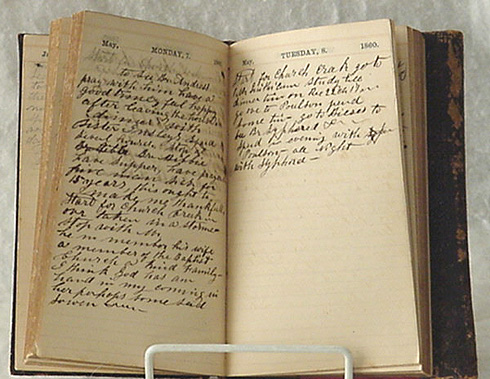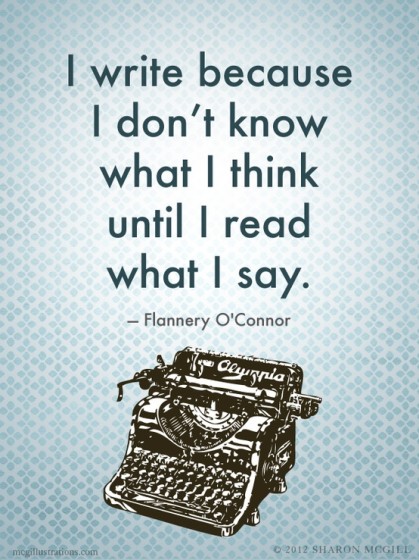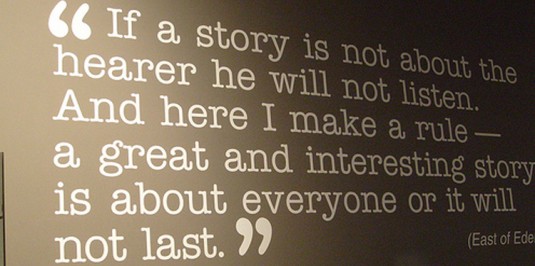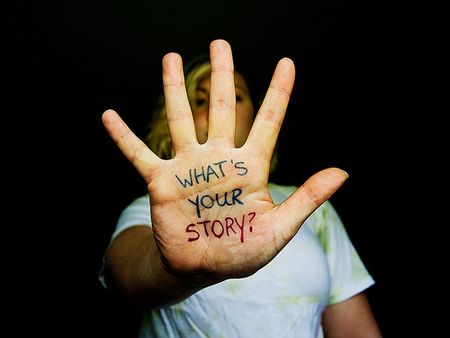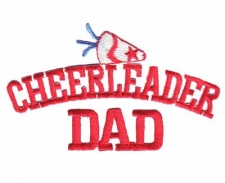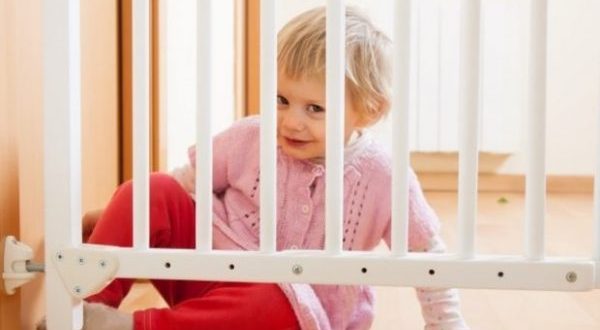Journaling – Telling Your Story and Leaving a Legacy
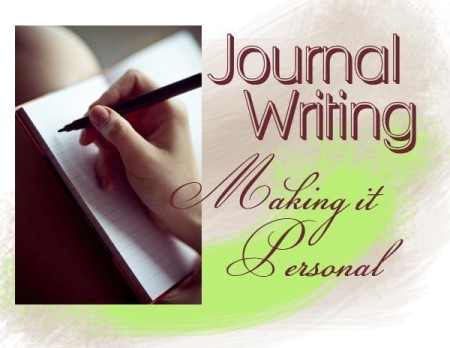
My great-great grandmother traveled west on the Oregon Trail. She spent weeks riding in covered wagons across a hot, barren prairie before finally arriving in Nebraska. Once there, she fell in love with the charming boy-next-door, married him, and started an adventurous life with him by her side. They built a dugout with their bare hands, helped assemble the community’s first one-room schoolhouse, and raised five children together.
My great-great grandmother died long before I was born, but her memory lives on through the journals she left behind. She wrote regularly about the challenges and struggles of life on the prairie. Her musings have become treasured family memorabilia. Although I never had the privilege of meeting her, I have gotten to know her dreams, passions, and fears through reading the beautiful journals she had left behind.
Where Has Journaling Gone?
In the midst of a fast-paced society, the art of journal writing has fallen to the wayside in favor of Facebook status updates and Tweets. But there’s something incredibly powerful about keeping a personal, private recollection of your life.
Writer and speaker Bob Goff developed the habit of writing down every single memory. He reasoned if he didn’t remember something, it was as if the memory never actually happened. It also provides your future generations a deep and rich retelling of your life.
What’s the Essence of Storytelling?
According to Christina Baldwin, author of several books on storytelling, storytelling is how we become real to each other. How we create community, and how we imagine our way forward. She states,
Journal writing is the ongoing creation of the story of a life, in the littlest and largest sense. It is a story told to self, by the self, for the benefit of the self. People are highly adaptable and endlessly creative in their journals, and their writing ranges from the notation of the most mundane details to the most profound thoughts the writer is capable of—and everything in between.”
Baldwin believes writing down your story is the act of reclaiming it – a way to make sense of who you are, where you’ve been, and where you’re going. Reading an ancestor’s diary will not only give you deeper insight into who they were, but also help you understand the world they lived in. A world that would otherwise be accessible only through history books.
There’s something incredibly powerful and profound about sharing stories, whether they’re pithy social commentaries written for a specific audience or recorded in a secret journal. According to researchers, stories are the means through which we process information, understand life, find our place in the world, and pass on our social values.
Researchers found that children who know more about their family’s history are happier and more well-adjusted than their peers who aren’t as familiar with familial history.
Writing allows us to understand who we are, both individually and collectively. So why not make it a priority to begin a journal of your own? You’ll not only reap the rewards of being able to chronicle your experiences, but you’ll also be creating a catalog of memories for years to come. As Baldwin puts it,
“Stories are all that will survive of us: the stories of who we are, the ways that people speak our names and remember something we did, an event we lived through…what will one day be left of us is story.”
Ivy McDowell is a writer and fashionista living in NYC. Please forward this post to your social media channels. Thank you.
I used to journal several years ago and occasional do. Can a blog be considered a journal? If yes, I consider several of my posts journal entries. For stepparents, journaling can be a great way of recording your thoughts and feelings. In this respect journaling can be considered therapeutic way of dealing with your challenges within the blended family.

